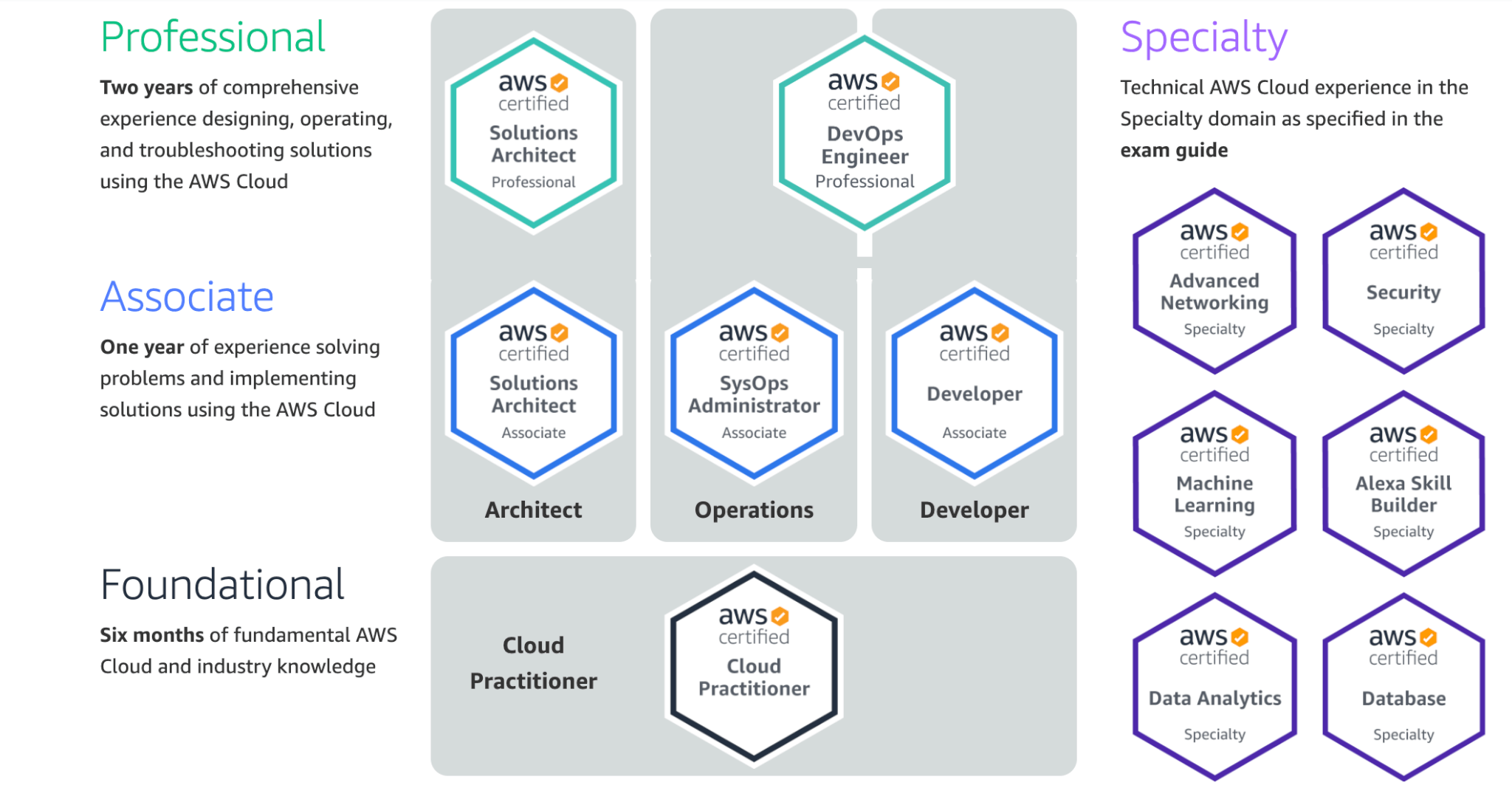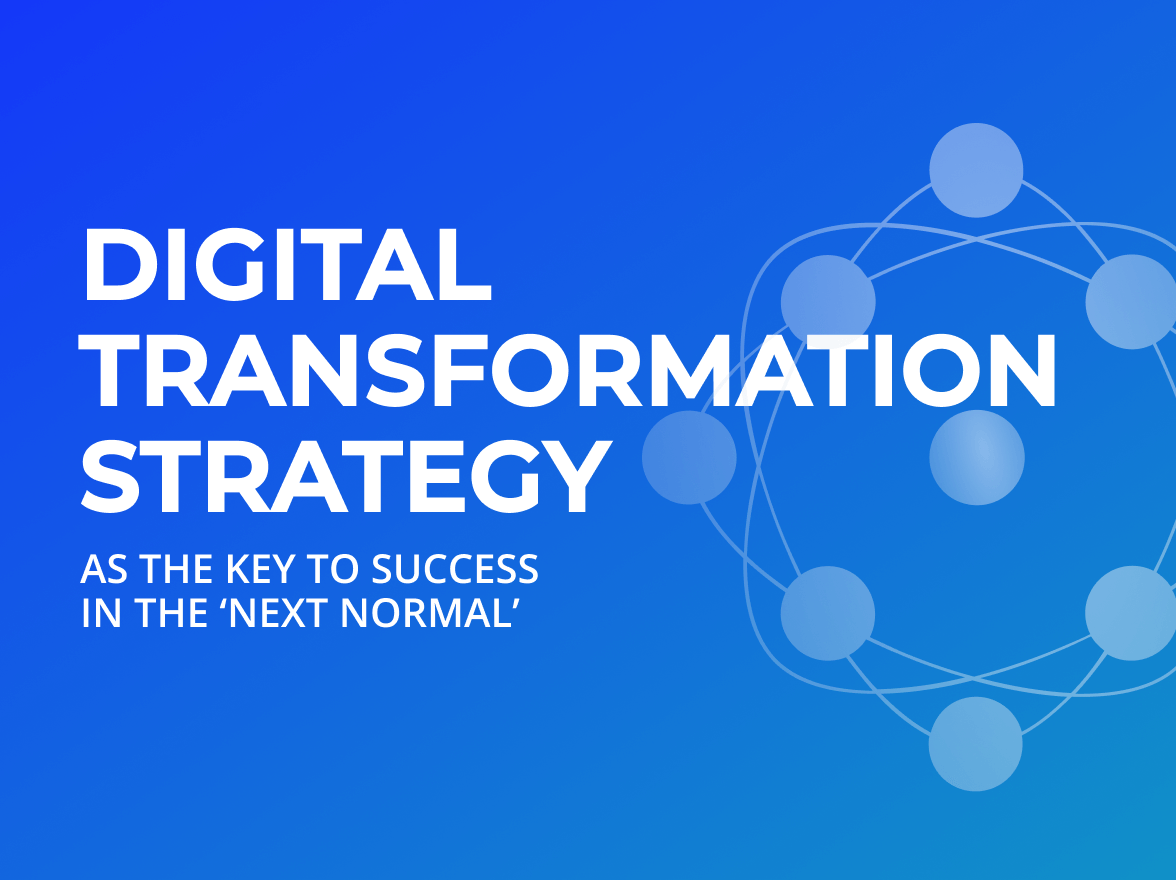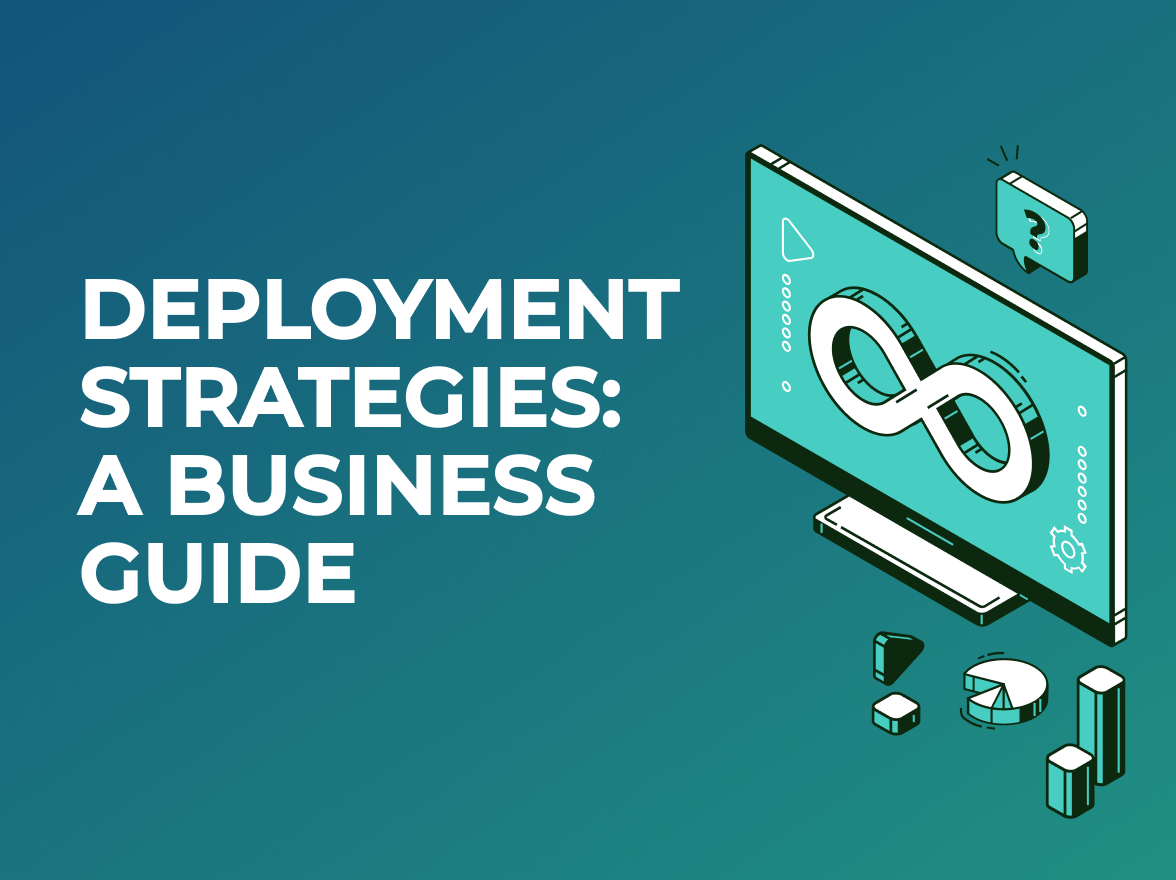Digital transformation strategy as the key to success in the ‘next normal’
The pandemic was a game-changer for the high tech industry. Find out how COVID-19 impacted the high tech sector and what led to this improved performance in 2020.
For a long time, development and operations were two isolated processes. It was like a relay race: the development (Dev) team could spend months writing code and then ‘pass the baton’ to the operations (Ops) team to deploy and integrate it. The lack of communication between these units caused a great deal of trouble when short sprints and frequent releases occurred every two weeks.
The DevOps implementation strategy appeared in response to a new reality where minor updates can be delivered a few times a day. Many tech giants have integrated the DevOps approach into their software development teams. Let’s discuss the role of the DevOps Engineer and determine how the software development life cycle has evolved to respond to real-world needs.
Today, three options are available for project deployment:
According to the IDG Cloud Computing Survey 2020, 92% of organisations today have a total IT environment that is at least somewhat in the cloud. Currently, 29% have an IT environment that is mostly in the cloud with some on-premises, while 54% have an environment that is mostly on-premises with some cloud and only 9% are cloud-only. Only 8% have IT environments that are entirely on-premises.
This is a computer specifically designed as a single-tenant IT environment to host software products. The most significant benefits of bare-metal servers are their stable and predictable performance, reliability, data security, and free direct access to physical hardware. Some industries traditionally rely on dedicated hosting solutions and colocation – for instance, the banking and financial services industries, health care, and government.
Over the past few years, the number of cloud-based services has dramatically increased. The primary reason that more and more companies have shifted towards cloud technology is the desire to simplify their in-house operations.
There are two options within cloud hosting: using public cloud platforms, such as Amazon Web Services (AWS), Microsoft Azure, and Google Cloud Platform, or adopting a private cloud.
A private cloud is a single-tenant cloud environment dedicated to a single customer with a firewall that protects against unauthorised access. It can be built on-premises or in rented data centres through virtualisation and adding an extra layer to manage the IT infrastructure, platforms, applications, and data.
In a recent trend, most companies have adopted a hybrid deployment strategy, combining the benefits of an on-premise environment with public and/or private cloud environments. This is a preferable solution for enterprises and companies that deal with strict data processing and security requirements due to high volumes of sensitive information.
Building and orchestrating a hybrid infrastructure is much easier when using a containerisation approach, which consists of encapsulating code units so that they can run consistently on any infrastructure. Containers, which have become mainstream, allow the machine’s OS kernel to be shared, thus increasing server efficiency and reducing costs.
Find out the primary deployment strategies and their pros and cons for different business types in our article Deployment strategies: a business guide.
A fundamental principle today is to make incremental but frequent improvements to existing software products, which allows for decreased risks in deployment and ensures that the product is kept updated and innovative for end users. This is hardly possible without involving DevOps practices in the software development process. A successful DevOps implementation strategy removes the gap between Dev and Ops teams, enabling them to work simultaneously and coherently to achieve continuous software delivery. DevOps practice has merged development, quality assurance, and operations (deployment and integration) into a single ongoing process.

The primary DevOps practices are continuous integration, continuous delivery, and automation.
The essence of the continuous integration and continuous delivery (CI/CD) practice is to integrate new pieces of code or small features frequently, several times per day. A DevOps Engineer’s task is to write scripts that automatically set the deployment environment to the needed configuration.
A well-organised CI/CD process speeds up workflow and encourages the development team to deliver every change without the risk of unplanned outages. Frequent monitoring of system performance metrics allows a DevOps Engineer to quickly detect problems and their location, then determine the reason for the failure and fix it.
The benefits of the continuous integration, development and delivery process include faster iterations and feedback on business decisions. The development team releases, tests, and deploys features automatically for end users, thus gaining their feedback immediately. This helps the product owner analyse whether the product is heading in the right direction.
Other advantages of adopting a DevOps continuous integration and continuous delivery strategy include:
A smooth CI/CD process is impossible without automation. This core tenet of DevOps is about continuous improvement of all operations at each stage of the software release life cycle. Development and delivery pipeline automation reduces human error, enhances efficiency, and helps avoid unplanned outages.
The essential and widely accepted responsibilities of a DevOps Engineer include:
Several DevOps Engineer roles can be defined in the software development life cycle.
A DevOps Architect leads the design and implementation of applications. They work closely with the Dev Team Lead and Software Architect to ensure that future infrastructure meets the requirements of the software architecture. It should meet the parameters of efficiency, flexibility, scalability, and security and should work appropriately within the environment. A DevOps Architect consults on what environment is needed for deployment, as well as options and instruments available in the chosen environment.
A Release Engineer or Release Manager releases new features and ensures post-release product stability. They address the management and coordination of the product from development through production.
A Software Reliability Engineer (SRE) takes responsibility for reliability and automation throughout the software lifecycle. Their task is successful release deployment and monitoring the system to avoid outages or performance issues.
A DevSecOps Engineer is responsible for designing, maintaining, and improving infrastructure security to eliminate vulnerabilities.
An IT Operations Engineer ensures that systems, services and infrastructure work reliably and securely. They are focused on the improvement of the company’s equipment and facilities.
A Configuration Management Engineer is responsible for infrastructure management and automation. Their focus is centred on the configuration, documentation, optimisation, and support of the infrastructure components.
It is necessary to say that DevOps Engineers should have different skills and knowledge for deploying applications on bare-metal servers versus in the cloud. Accordingly, we can distinguish among the following:
This is a common question when setting up a project team. One experienced DevOps Engineer can handle five to six projects. The most DevOps resources are needed at the beginning of a project when the future architecture is discussed and the main decisions regarding infrastructure are made. DevOps is also critical at the end of the software development cycle when the project is in close proximity to release.

If we take an e-commerce project on Magento CMS as an example, the DevOps Engineer functions are as follows:
A dedicated DevOps may be required in the following situations:
Who are DevOps Engineers? Some are system administrators who went further and obtained programming and scripting skills. However, many DevOps Engineers were software developers first but decided to expand into infrastructure and deployment. A DevOps Engineer combines the knowledge and skills of an IT operations specialist and a developer, in addition to their strong communication and collaboration skills. Let’s examine a list of requirements for a DevOps Engineer.
It has been argued that many companies do not request any certifications from DevOps Engineers. The reason for this might be that there are so many DevOps certifications that it is impossible to have them all. However, we can highlight the most valuable certifications today.
There are essential certificates offered by the DevOps Institute:
International DevOps Academy also offers a variety of DevOps courses and certifications.
Apart from basic certificates, it is valuable to have specific certificates that prove expertise with some particular tools and skills required for a DevOps Engineer.
Docker Certified Associate (DCA), Certified Kubernetes Administrator (CKA), and Certified Kubernetes Application Developer (CKAD) are certification options for DevOps Engineers who need to deploy and manage multi-container applications.
Terraform is used to create and manage infrastructure resources. It supports almost any infrastructure type, including bare-metal servers, virtual machines, containers, and private or public cloud infrastructure. Therefore, the Terraform Associate certification is a significant one. The exam validates an individual’s expertise in on-premises and cloud architecture as well as the infrastructure automation skills needed for a DevOps Engineer.
Depending on the public cloud system that a company uses, some particular certifications might be desirable for a DevOps Engineer. There are several AWS Certifications for professionals performing various roles and responsibilities in the AWS cloud. AWS DevOps Engineer Professional is a primary certification that evaluates DevOps Engineers’ technical skills and expertise operating and managing distributed systems and applications on the AWS platform.

Among the various Azure certifications, Azure DevOps Engineer Expert certification AZ-400 specifically validates Azure DevOps professionals’ skills and expertise.
The Architecting With Google Cloud Platform course is intended for Cloud Solutions Architects and DevOps Engineers who incorporate cloud-based solutions with Google Cloud Platform.
Additionally, some cybersecurity certifications might be the first requirement in organisations with a high demand for data security. There are many programs that teach the cybersecurity skills required for a DevOps Engineer. The EC-Council, GIAC (Global Information Assurance Certification), ISACA (Information Systems Audit and Control Association), Cisco, International Information System Security Certification Consortium (ISC)², and other organisations offer various programs in cybersecurity.
According to the IT Process Institute’s Visible Ops Handbook report, 80% of unplanned outages are caused by poorly planned changes made by the operation team or developers. Lack of communication between Dev and Ops teams leads to fatal errors and financial losses.
Therefore, communication and problem-solving skills and the ability to work in a team are must-have DevOps skills. In their daily work, DevOps Engineers need to function as liaisons bridging the gap between IT and software development teams. Analytical and strategic thinking help DevOps Engineers quickly identify and address risks. Their first task is to make production smooth and painless.
Presentation skills are also useful for these specialists. They need to not only look into DevOps solutions but also get their point across. For many companies, a DevOps Engineer is not just an IT role but instead embodies an entire philosophy of continuous DevOps development and smooth interaction among different teams and stakeholders.
The crucial skills needed for a DevOps Engineer include scripting on Windows-based operating systems (PowerShell) and other Unix-like (*nix) systems. Specifically, knowledge of Bash, Python, JSON/JavaScript, and YAML are needed for automation and configuration.
Additionally, a DevOps Engineer needs to know programming languages at a basic level to work with specific DevOps tools.
As mentioned above, although some DevOps tools are standard, there are still many specific instruments for each deployment option. Thus, the technical skills required for a DevOps Engineer may vary in different companies depending on the implemented IT infrastructure.
Public cloud platforms offer their own toolsets for containerisation, CI/CD, release orchestration and the like. For instance, to deploy and manage a virtual infrastructure in Azure, it is crucial to work with Azure Resource Manager (ARM), whereas AWS CloudFormation is a configuration orchestration tool that enables the automation of all AWS cloud deployments. However, the knowledge and skills required for a DevOps Engineer working with bare-metal servers or private clouds would be entirely different.
DevOps tools can be divided into groups by their purpose. Below is a list of some common tools.

In terms of seniority level, DevOps Engineers can be junior, middle, or senior. The experience comes with time and releases DevOps Engineer has orchestrated. They learn from released projects and their own mistakes.
A minimum of four years of practical experience is one of the top-level requirements for DevOps Engineers at most companies. They deal with cybersecurity, eliminate unplanned downtime risks, prevent production outages, and need to predict possible problems by analysing performance indicators.
According to the Enterprise Management Associates, 60% of app performance errors result from misconfigurations when small changes are implemented in the environment and system configuration parameters. This is why experienced DevOps Engineers are so important!

Downtime can cost companies $5,600 per minute and up to $300,000 per hour in web application downtime, according to Gartner’s analysis. In March 2019, a 14-hour outage cost Facebook roughly $90 million. Is it worth such risk and financial losses if having just one DevOps Engineer can make the whole software development life cycle more agile and can ensure that releases or feature updates are less stressful and more successful?
Experienced DevOps Engineers from SSA Group with strong expertise in traditional and cloud infrastructure can mitigate risks and increase performance through CI/CD automation and implementation of DevOps approach into the software development life cycle. Thank you for reading, and please share your opinion with us in the comments below.

The pandemic was a game-changer for the high tech industry. Find out how COVID-19 impacted the high tech sector and what led to this improved performance in 2020.

Several different models and deployment strategies have been emerged to meet the specific needs of different business types.
you're currently offline